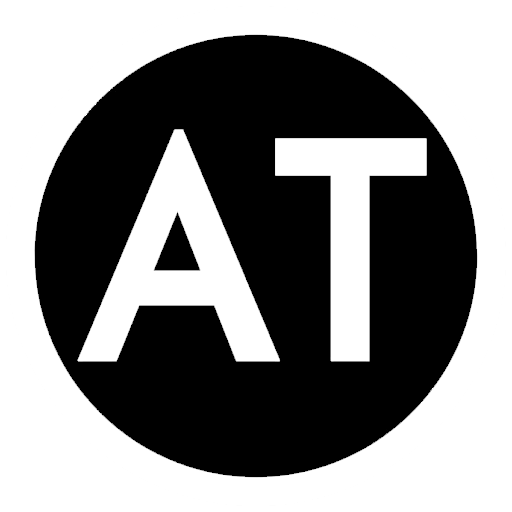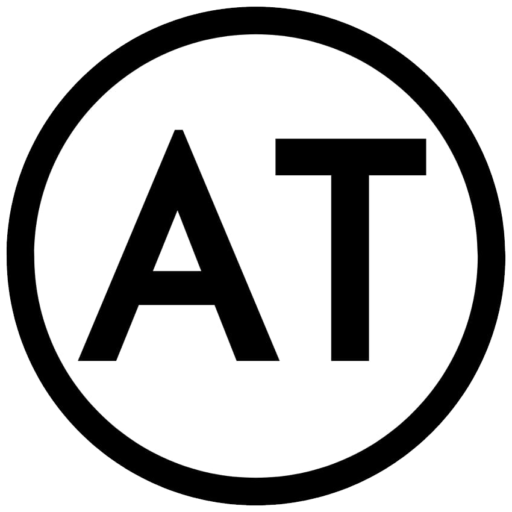Introduction:
Google, as one of the leading search engines, constantly updates its algorithms to improve the search experience for its users. One recent development is the formation of a policy regarding AI-generated content and its impact on E-A-T (Expertise, Authoritativeness, and Trustworthiness). In this article, we’ll explore Google’s stance on AI content and E-A-T, and how it affects websites and businesses.
The Rise of AI Content:
Artificial Intelligence (AI) has made significant advancements in the past few years, including language models like OpenAI’s GPT-3 and Google’s own BERT. These models can generate human-like content, making it challenging to distinguish between AI-generated and human-written material.
Google’s View on AI Content:
Google acknowledges the value of AI-generated content, particularly for automating routine tasks and improving efficiency. However, they also recognize the potential issues that can arise from reliance solely on AI-generated material, such as misinformation and lack of expertise.
The Importance of E-A-T:
E-A-T is a crucial factor when it comes to ranking web pages in Google’s search results. Websites that demonstrate high levels of expertise, authoritativeness, and trustworthiness are more likely to appear at the top. User experience and trust are of utmost importance to Google, and E-A-T helps ensure that the content provided meets these standards.
The Impact on SEO:
With the rise of AI-generated content, there may be concerns about the impact on SEO strategies. However, it’s important to remember that E-A-T remains a fundamental aspect of ranking well in search engine results. Simply relying on AI models to generate content may overlook the human touch necessary for conveying expertise and building trust with users.
Balancing Automation and Human Input:
Google emphasizes the importance of maintaining a balance between automated content generation and human input. While AI can assist with productivity, it’s essential to have human oversight to ensure accuracy, relevance, and reliability of the content being produced.
Tips for Optimizing AI-Generated Content:
If you choose to incorporate AI-generated content into your website, here are a few tips to optimize it for search engines while maintaining high levels of E-A-T:
- Combine AI-generated content with human curation:
Have subject matter experts review and enhance the AI-generated material, adding their own insights and expertise.
2. Ensure accuracy and fact-checking:
Cross-reference AI-generated content with reliable sources, verifying information to avoid spreading misinformation.
3. Build authoritativeness and trust: Demonstrate expertise by showcasing credentials, certifications, and any awards received. Encourage user feedback and reviews to enhance trustworthiness.
4. Focus on user experience:
Craft content that addresses user intent, provides value, and engages the target audience. Remember, high-quality content that meets user needs is always a priority.
Conclusion:
As Google continues to refine its algorithms to provide the best user experience, they recognize the benefits and challenges of AI-generated content. Understanding their stance on AI content and E-A-T is crucial for businesses and website owners. By maintaining a balance between automation and human input, optimizing AI-generated content, and prioritizing expertise, authoritativeness, and trustworthiness, businesses can ensure their content resonates with users and performs well in search engine rankings.
We want to thank the thought leader as the source for this content and such awesome teachings on the subject, and we hope that this article can help you and your business! Here’s the link to his post:



